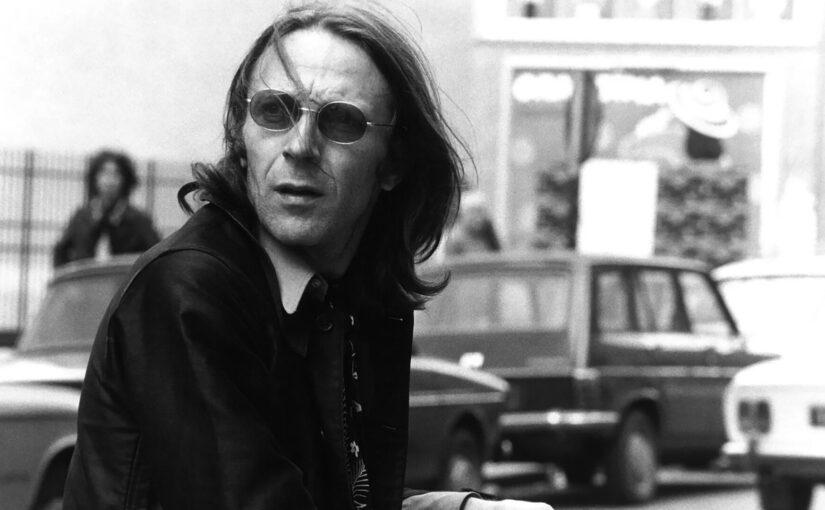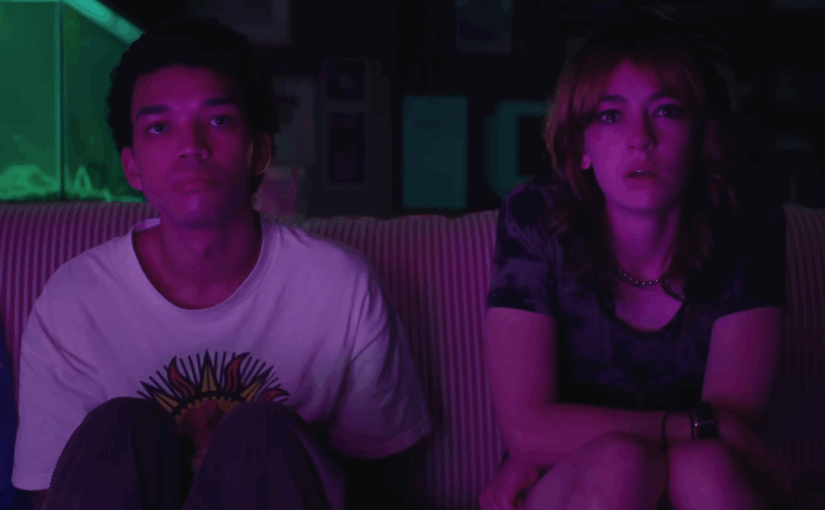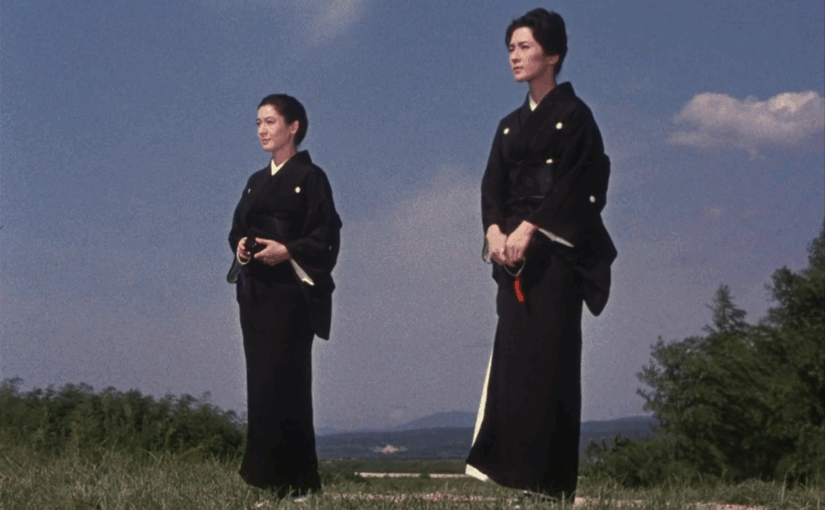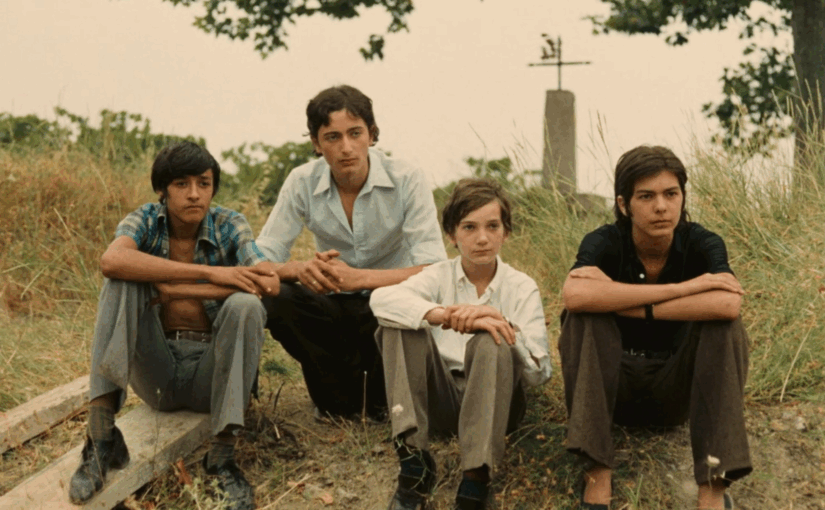-

Jean Eustache: Masculinity in the Making
After drifting around the edges of the French New Wave, Jean Eustache takes lessons from his mentors to compose autobiographical interrogations of insecure masculinity, often sharing the same passions, anxieties, and shortcomings as his troubled young protagonists.
-

I Saw the TV Glow (2024)
The psychological horror of I Saw the TV Glow turns a discerning eye towards the false identities and duplicitous illusions thrust upon queer communities, as Jane Schoenbrun casts a surreal, Lynchian filter over the journey of two nostalgic outcasts searching for truth in their favourite childhood show.
-

The End of Summer (1961)
Marriage within the Kohayagawa family takes on multiple meanings throughout The End of Summer, ensuring stability within the younger generations and bringing scandal among the older, as Yasujirō Ozu weaves its humour and drama into poetic lamentations of life’s bittersweet sorrows.
-

My Little Loves (1974)
The coming-of-age vignettes that make up My Little Loves do not depict particularly momentous occasions, yet it is in the mundane minutia of Daniel’s year away from home that his self-discovery unfolds, as Jean Eustache tenderly captures the whiplash of a lonely, confusing, yet stimulating adolescence.
-

Ripley (2024)
The question of what exactly constitutes a fraud is meticulously woven throughout Steven Zaillian’s monochrome study of a New York con artist in Ripley, witnessing his unscrupulous attempts to ascend the social ladder by way of identity theft and murder, even as his own amoral corruption threatens to sink him into a dark, suffocating abyss.

